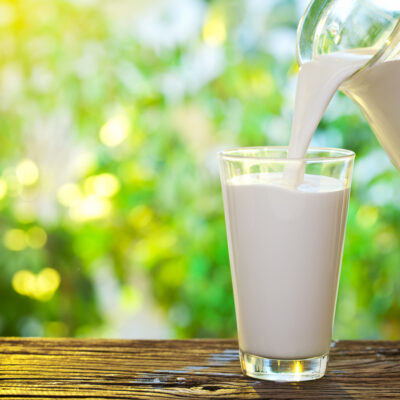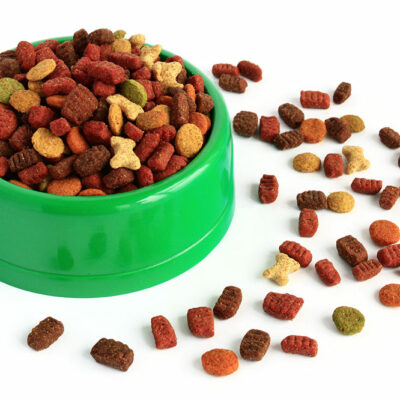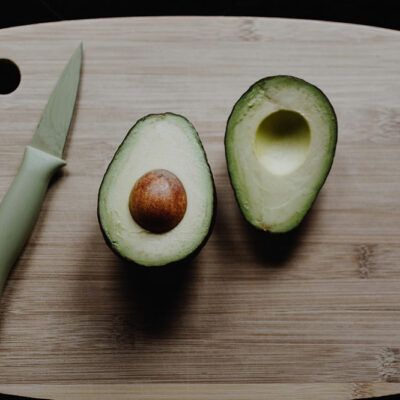
Food
6 Food Elimination for Eosinophilic Esophagitis
Eosinophilic esophagitis is a chronic allergic/immune condition of the esophagus, causing a large number of white blood cells (known as eosinophils) in the inner lining of the esophagus. These eosinophils can release substances into surrounding tissue, causing inflammation, eosinophilic asthma symptoms, and other symptoms such as decreased appetite, abdominal pain, trouble swallowing, vomiting, and so on. Symptoms often vary by age, but the biologics for eosinophilic esophagitis include medications like Dupixent, Dupilumab, proton pump inhibitors, and topical steroids. To help manage the condition, there is also the option of dietary therapy, in which you practice the six-food elimination diet (SFED), outlined below: 1. Wheat The SFED diet has patients eliminate wheat from the diet, as it is a common allergen and food trigger for some conditions, especially eosinophilic esophagitis. Some substitutes for wheat ingredients in a meal include barley, oats, corn, potatoes, and beans. 2. Milk Milk is another top allergen and food trigger for a variety of conditions—so much so that it is often recommended you eliminate dairy and wheat first on this list of foods. Milk goes hand in hand with all dairy products, but luckily there are many dairy substitutes made with bases like almond milk, oat milk, coconut milk, and rice milk.
Read More 







